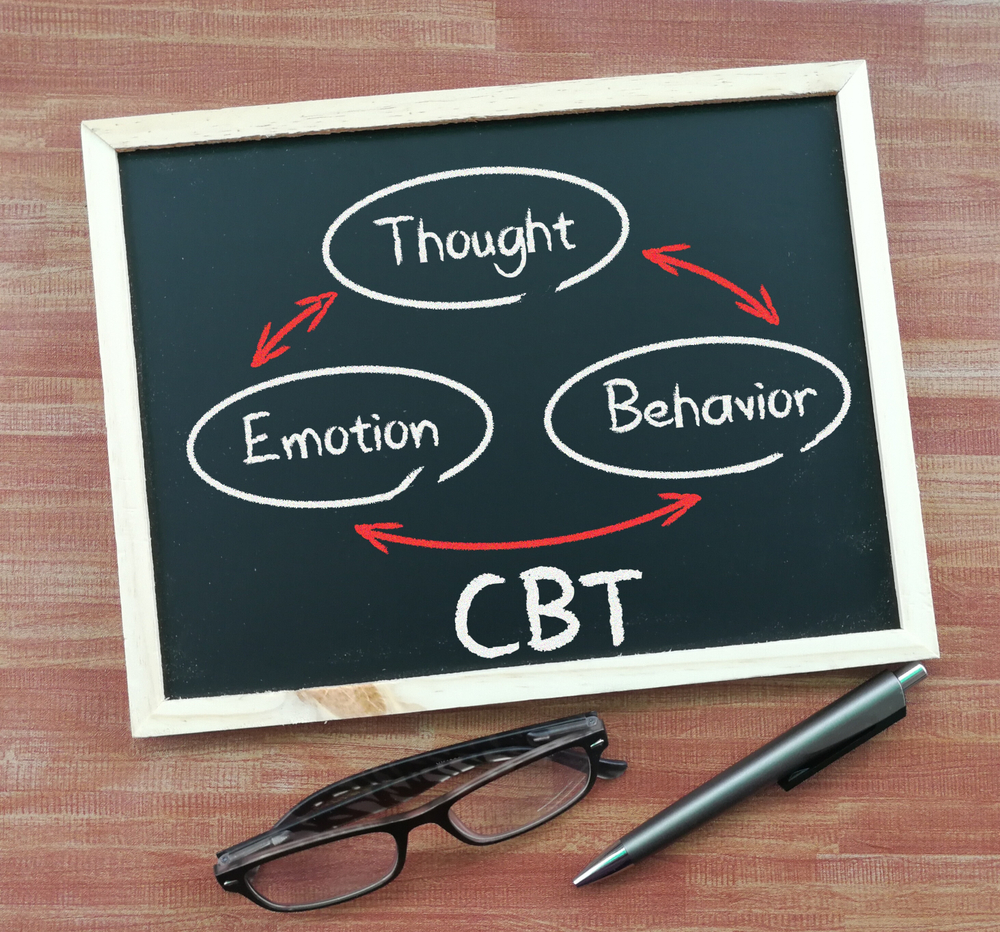Adolescence (the period between ages 13 and 19) is a time of immense physical, emotional, and developmental growth. Teenagers undergo significant physiological changes, including shifts in hormone levels, physical growth spurts, brain maturity, and more. Teens are inherently programmed to make decisions and react from an emotional standpoint, not a rational standpoint. The pre-frontal cortex of the brain is not yet fully formed until a person reaches age twenty-five, at the earliest. This is the area of the brain that reigns rational thought, impulse control, executive planning, problem solving, and decision-making. Therefore, teens are forced to rely on the amygdala (i.e., area of the brain that governs one’s emotions, impulsivity, emotional behavior, and motivation) to process internal and external stimuli. Young people enter adolescence with the emotional coping mechanisms discovered in pre-adolescent years, many of which are quickly deemed ineffective and rendered rather useless during the teenage years. As young individuals mature, they are faced with new challenges that require more sophisticated coping strategies.
Cognitive Behavioral Therapy
Cognitive behavioral therapy (CBT) was developed in the 1960s by psychiatrist, Aaron Beck. CBT is a structured, short-term, goal-oriented form of psychotherapy that “targets multiple areas of potential vulnerability (e.g., cognitive, behavioral, affective) with developmentally-guided strategies and traverses multiple intervention pathways.” CBT encompasses numerous strategies, focusing on an array of topics, such as extinction, habituation, modeling, cognitive restructuring, problem-solving, and the development of coping strategies, mastery, and a sense of self-control. Self-monitoring, which happens to be one of the core CBT techniques and essential for adolescents, is frequently underrated and overlooked.
Self-Monitoring
Self-monitoring is a technique whereby a therapist encourages a teen to systematically observe and record specific targets (e.g., their own thoughts, emotions, body feelings, behaviors, etc.). This process is essentially a means of data-gathering to help young people track the connections between situations, thoughts, emotions, body sensations, and their responses. The way CBT works is that through therapy, an adolescent will learn to understand that the way they behave has a direct correlation with their personal attitudes and emotional problems. By realigning their personal self-view and adjusting damaging unconscious and/ or subconscious thought patterns, a young person can cultivate healthy coping mechanisms for managing the typical and unavoidable stressors of life.
Further Information and Support
For most of us, life can be very stressful, leading us to feel emotionally charged, which can cause anxiety, panic attacks, depression, and getting stuck in a cycle of being burdened with negative thoughts. Navigating through the challenges and emotional turmoil of life can be overwhelming, but you do not have to go through it alone. Engage Treatment is a Joint Commission Accredited professional psychological practice. We specialize in treating children, teens, and young adults struggling with depression and anxiety through community-focused treatment plans that incorporate a carefully selected combination of therapeutic interventions. Our compassionate, multidisciplinary practitioners are devoted to providing the highest quality of care that helps ignite positive change and enables clients to reach optimal health and well-being. Please do not hesitate to reach out for guidance. We are happy to answer questions and provide you with any additional information. Feel free to call us at 805-497-0605 or email us at [email protected]. You are also welcomed to get in touch by filling out our contact form. We look forward to connecting and having the opportunity to discuss how we might best be able to support you.

